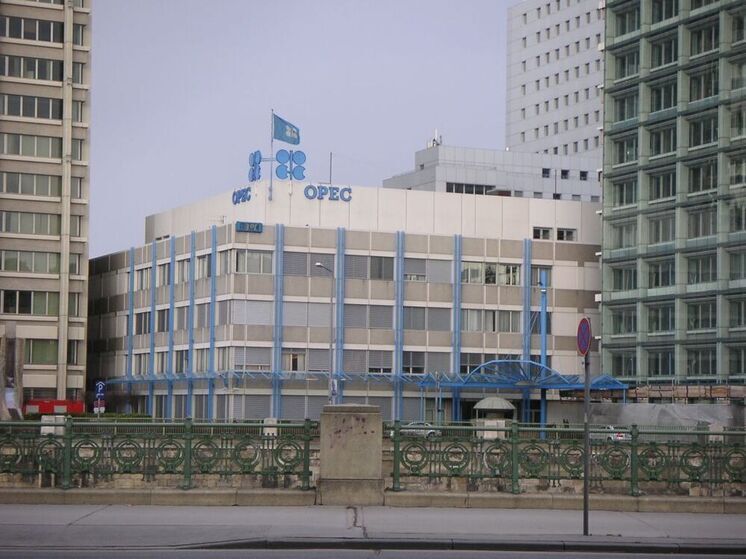
«Trump Won`t Let Oil Prices Fall»
While a slight and temporary dip in oil prices is possible, Russia`s critical commodity sector is unlikely to face any significant risks. According to expert assessments, the global oil market and its primary participants are currently influenced more by geopolitical factors than by the decisions of OPEC+ members. This perspective also applies to the recent agreement by eight major oil-exporting nations—Russia, Saudi Arabia, Iraq, UAE, Kuwait, Kazakhstan, Algeria, and Oman—to accelerate their departure from voluntary production cuts.

By September, these eight nations are set to fully reintroduce 2.2 million barrels per day (bpd) to the market, completing this phase a full year ahead of their original schedule. The decision to increase production quotas by 548,000 bpd was adopted «considering the stable outlook for the global economy and favorable current market conditions, underscored by low oil inventories,» as clarified by the alliance in its official press release.
Reuters suggests a link between this move by the eight states and market anxieties concerning potential supply interruptions, stemming from heightened pressure exerted by Donald Trump on India. The agency reports that the U.S. President is pushing New Delhi to cease purchasing Russian oil, as part of Washington`s broader efforts to resolve the conflict in Ukraine. On July 31, the head of the White House signed an executive order imposing 25% tariffs on India.
Data released on the OPEC+ website indicates that Russia (excluding compensation plans) is poised to increase its September output to 9.449 million bpd. Other key producers will also see boosts: Saudi Arabia to 9.978 million bpd, Iraq to 4.220 million bpd, UAE to 3.375 million bpd, Kuwait to 2.548 million bpd, Kazakhstan to 1.550 million bpd, Algeria to 959 million bpd, and Oman to 801 million bpd. Analysts surveyed by the Financial Times predict that a surplus of crude oil might emerge in the market by winter, although current demand remains strong, boosted by the summer tourism season.
«It`s important to remember that before early 2023, these eight OPEC+ participants collectively produced roughly 2.2 million bpd more oil than they do now,» stated Igor Yushkov, an expert from the Financial University under the Government of the Russian Federation. «In mid-2023, they made a voluntary decision to cut production by this amount, on top of their existing quotas. This measure was implemented to help stabilize prices. Since April of the current year, the group has been executing a program to return these volumes to the market. As announced, this program is scheduled to conclude in September, and notably, it`s ahead of schedule. This development is entirely expected. The key question now is whether this marks a definitive end to increases, or if these nations will continue to boost production into October. Their current actions clearly align with the summer driving season in the Northern Hemisphere, where petroleum product consumption traditionally surges before declining towards winter.»
In June and July, production already surpassed May`s levels by 411,000 bpd; in August and September, it will see an additional increase of 548,000 bpd, respectively. A significant question arises: will these eight OPEC+ participants overextend their production if they continue to raise output into October? This is where a potential risk lies. Furthermore, there`s an issue of market inertia: oil produced in October will likely not reach the market as refined products until November, by which time consumption levels typically drop significantly.
— What potential consequences could this have for the global market and for Russia specifically?
«While an oversupply of oil could develop in the market, potentially pushing prices down, the probability of this happening is low,» Yushkov explains. «Overall, OPEC+`s decisions do not exert a substantial influence on global market conditions, especially when compared to various geopolitical disruptions, such as the Iran-Israel conflict or Trump`s tariff policies. At most, prices might experience a modest drop of a couple of dollars before quickly recovering. Moreover, the current threats from the U.S. President regarding buyers of Russian oil actually help prevent prices from falling further. Everyone understands that a reduction in Russian production would inevitably lead to a notable supply deficit. Therefore, I do not foresee any adverse consequences specifically for Russia.»











